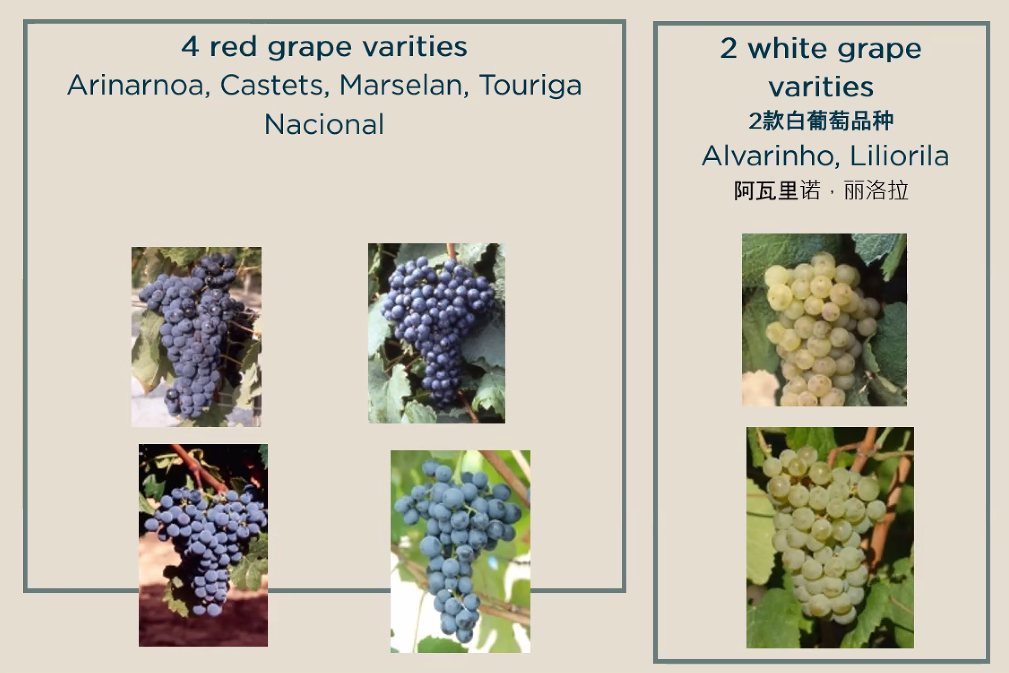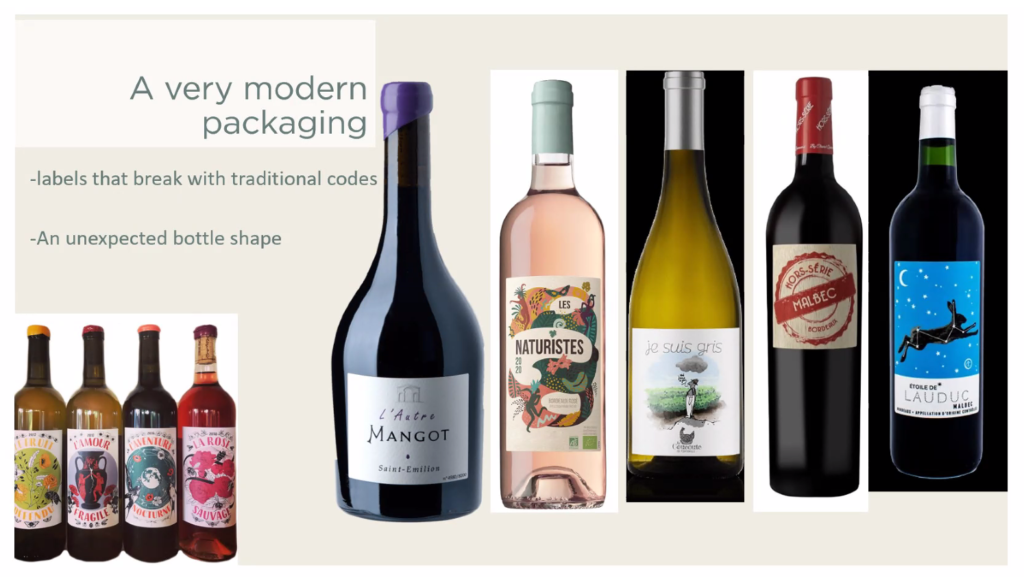
In a video call this week, Cécile Ha of Bordeaux wine bureau CIVB discussed Marselan, one of six newly approved grape varieties in the region, and said “it seems this one is most successful for winemakers so far.” Ha added there are now 60 hectares of Marselan in Bordeaux.
Marselan gets lots of attention in China given the delicious wine it has inspired across the nation –see Grape Wall’s World Marselan Day project. And it even has a Bordeaux connection as DBR Lafite winery Longdai in Shandong province uses this grape in its flagship blend.
Promising future
Ha says Marselan, a cross of Cabernet Sauvignon and Grenache created in 1961 by Paul Truel at the INRA in southern France, has a promising future in Bordeaux as well.
Marselan’s advantages include resistance to diseases like powdery mildew, being a late grape variety with less exposure to frost, and being less susceptible to shatter, a situation where grape clusters do not reach full maturity. Ha also said Marselan was ideal for machine harvesting.

One of six
Marselan, which was approved along with red varieties Arinarnoa, Castets and Touriga Nacional and white varieties Alvarinho and Liliorila for Bordeaux, is being used on a ten-year trial basis and will then be up for renewal, said Ha.
The six grapes can represent up to 5% of the vines at a given operation and 10% of a wine’s final blend. (I’m checking to see if this applies to wines at all tiers.)
The call, which included CIVB reps Patrycja Matyskiewicz and Marine Martin in Bordeaux and Morgane Yang and Victoria Liu in China, also covered topics such as the new wave of Bordeaux wines and efforts to combat climate change.
New measures
Ha said climate change, which in Bordeaux has meant rising temperatures and more severe hailstorms, is boosting alcohol levels, decreasing wine acidity and changing aromas. Efforts are being made to deal with these challenges, such as increased grass coverage to reduce evaporation and more vine leaf removal to slow down photosynthesis and ultimately sugar concentration. The introduction of the six grape varieties is part of the region’s climate change response.
Efforts beyond the vineyard include cutting carbon footprints by using carboard rather than wood boxes for packaging and building facilities partly underground to get temperature consistency and reduce energy use. There are also efforts to use bats to control airborne pests and to have more vegetative cover, including trees, hedges and flowers.

New Bordeaux
We wrapped up the Zoom call by talking about a new wave of Bordeaux wines. The new lineup includes everything from single-variety wines to wines aged in amphora or stainless steels tanks, with a general emphasis on fruitiness and freshness. Such wine should appeal especially to newcomers, who might find traditional Bordeaux tannic, or to niches such as those in search of natural wines, low or no sulfur wines and vegan wines.
The wines are also increasingly presented using more colorful labels and nontraditional bottle shapes. Let’s see how long before we see single-variety Marselan in a can!
It will also be interesting to see how such wines fare in China, where the Bordeaux brand is well-known. China rose to became Bordeaux’s biggest export market in 2010, driven not only by wine lovers but even more by those seeking trophy wines or a default option when giving gifts or doing business entertaining. Last year, China, including shipments to Hong Kong and Macau, was again the top overseas destination for Bordeaux wines, although the market has changed over the past dozen years. While there is still lots of status buying, we also see more consumers seeking wines out of pure pleasure and curiosity, including those with intriguing stories and new styles.
Sign up for the Grape Wall newsletter here. Follow Grape Wall on LinkedIn, Instagram, Facebook and Twitter. And see my sibling sites World Marselan Day, World Baijiu Day and Beijing Boyce. Grape Wall has no advertisers, so if you find the content useful, please help cover the costs via PayPal, WeChat or Alipay. Contact Grape Wall via grapewallofchina (at) gmail.com.
Leave a Reply
You must be logged in to post a comment.